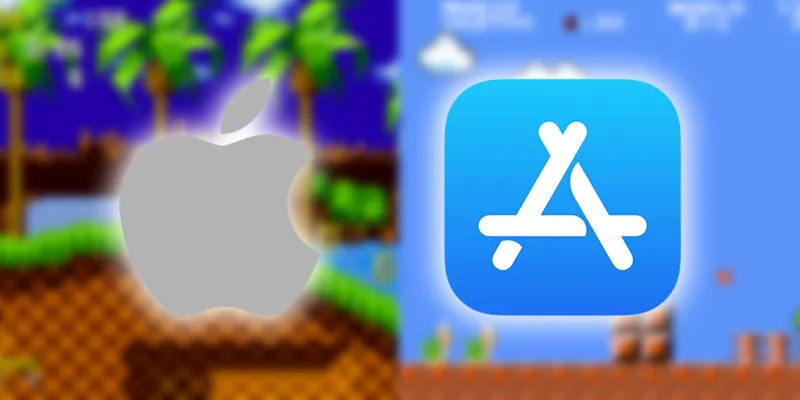Apple has recently introduced a significant change to its App Store policies, specifically addressing the distribution of retro game emulators. This adjustment opens the door for developers to offer emulators through the App Store, albeit with stringent guidelines and legal constraints. Historically, Apple has refrained from endorsing the distribution of video game emulators due to potential legal ambiguities and copyright concerns.
While some users have managed to run emulators, such as RetroArch and OpenEmu, on Apple devices through unconventional means, the official availability of emulators on the App Store marks a notable shift. Previously, developers resorted to concealing emulators within other applications to circumvent Apple's scrutiny and distribute them through the platform. The updated regulations suggest that iOS users may soon have a legitimate pathway to access video game emulation, subject to specified conditions.
The revised App Review Guidelines, accessible on Apple's Developer portal, now include provisions for mini apps, mini-games, streaming games, chatbots, plug-ins, and game emulators on the App Store. While these guidelines permit the inclusion of retro gaming console emulator apps that facilitate game downloads, strict adherence to the Guidelines and copyright law is mandatory. Failure to comply with these requirements will lead to app rejection.
Insights into Apple's App Review Guidelines (April 2024)

Although the new policy seemingly indicates universal access for developers to release gaming emulator software on the App Store, the outlined conditions suggest a more nuanced scenario. Apple's language hints at potential advantages primarily for established gaming companies. For instance, companies like Sega could leverage this opportunity to provide an app hosting various emulated Sega retro games, given their ownership of the intellectual properties for legal distribution.
Consequently, uncertainties emerge regarding the inclusivity of emulator distribution, raising debates on whether all developers can partake or if restrictions apply based on intellectual property ownership. These alterations to Apple's App Store policy likely stem from regulatory pressures, notably from the European Union and the United States. Additional modifications to the guidelines aim to facilitate actions like redirecting users to external websites for music streaming apps in the EU, exemplifying Apple's ongoing efforts to align with evolving regulatory frameworks.

